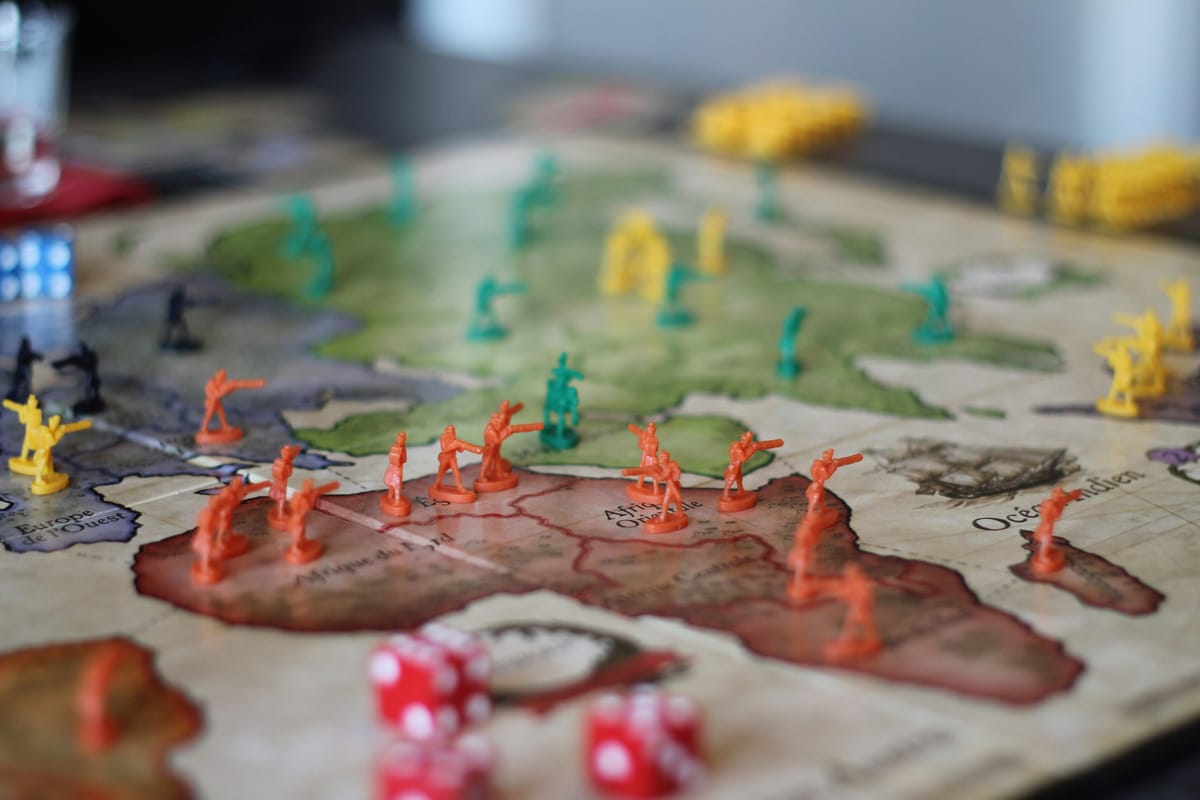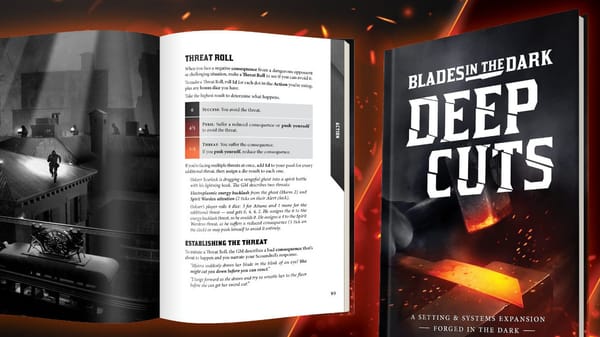Government suits roleplay World War III like murderhobos, because of course they do
Systems matter, especially in a game like War

In early May, headlines circulated regarding a tabletop wargame played by UK government officials that was intended to help predict what would happen if Donald Trump was elected President in November, 2024. The endgame outcomes are…less than ideal, including Ukrainian losses of Russian-occupied territory, a pro-Kremlin regime change in Kyiv, and severe economic downturn in Europe. However, the foundations of the game being played include rules and a regional focus that any game designer would find fundamental flaws with.
My issues with the design of this game come from similar issues I have with Dungeons & Dragons. Though not explicitly stated, the implied worldview of this game operates under a framework of domination—specifically the centering and maintenance of Western hegemony—while minimizing the impact of non-Western nations and international populist movements. There is no question that this game prioritizes the continuation of neoliberal capitalism’s hold on the global power structure, with its seats of power staying firmly planted in Europe and the United States.
There are also a number of assumptions made during play that do not extend past the worldview of governmental agencies who refuse to admit that, perhaps, their systems of power are faulty and liable to deteriorate.
Governments have been using tabletop games to simulate large-scale conflict for centuries, if not millennia. Chess, which was widely lauded as a strategy-based wargame, evolved from the 7th century Indian strategy game chaturange—pieces of which were referred to using military divisions. Recreational wargames developed in the 18th century, and became more widely adopted for military use after Prussian army officer Georg Heinrich Rudolf Johann von Reisswitz created Kriegspiel, a game that was later cited as one of the reasons Prussia defeated France in 1870, during the Franco-Prussian War. The trope of a gruff general in a palace war room, or a battlefield encampment, pushing standees across a map, is commonplace in media from The Great to Avatar the Last Airbender. Contemporary government wargames look less like your Friendly Local Game Store’s Warhammer night, and more like a model UN summit. Except government wargames are designed to predict geopolitical conflict that will impact billions of people.





